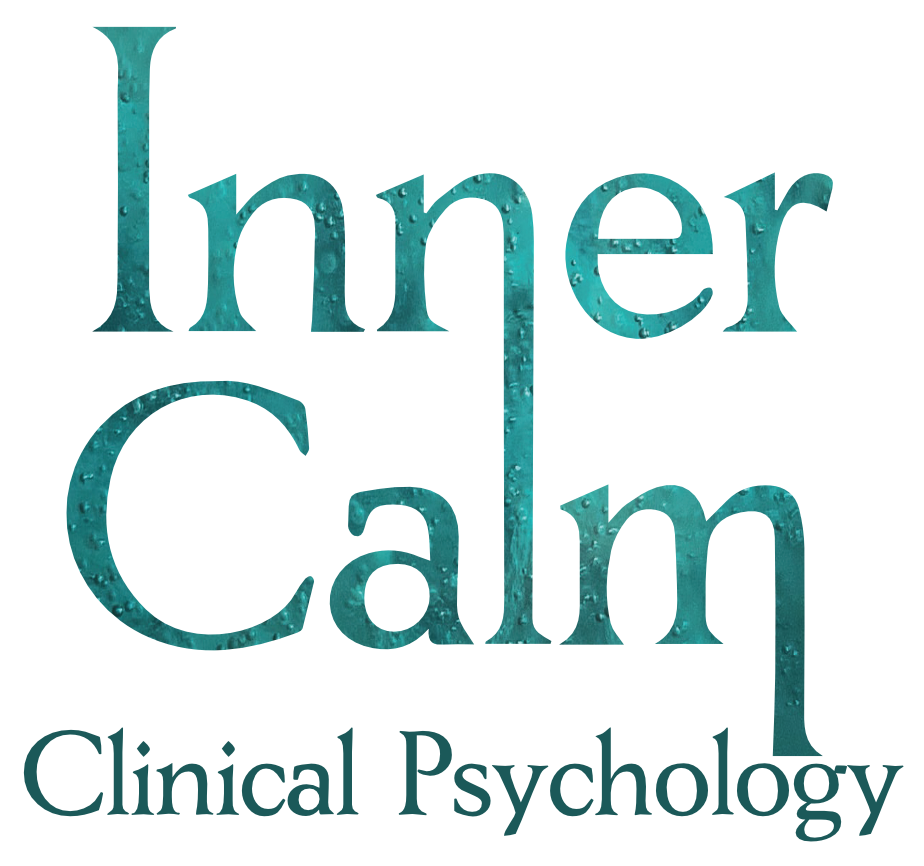by Sam Hillview-Close*
Kindness doesn’t always get the spotlight. It’s not flashy like confidence, or praised like intelligence. It doesn’t dominate boardrooms or win awards. But in a world that can be noisy, sharp-edged, and relentlessly fast, kindness is quietly revolutionary.
It’s not weak. It’s not naive. And it’s definitely not soft.
Kindness is powerful - precisely because it chooses connection when disconnection is easier. It chooses compassion when indifference is cheaper. And it chooses humanity, again and again, even when the world forgets what that looks like.
Kindness is Strength in Action
There’s a myth that kindness is something you offer when everything’s going well. But often, the kindest people are those who have suffered deeply - and still choose to show up with warmth.
Because here’s the truth: it takes strength to be kind.
- To offer grace when you’re tired.
- To respond gently when you’ve been spoken to harshly.
- To see someone struggling and choose to help, even if you don’t “have to.”
That kind of strength doesn’t show up on a spreadsheet. But it changes lives.
What Kindness Does to the Brain (Yes, Really)
Kindness isn’t just a moral virtue - it’s a neurological powerhouse. Studies show that acts of kindness release oxytocin, sometimes called the “love hormone,” which helps lower blood pressure and reduce stress. Kindness also boosts dopamine, which lights up the brain’s reward centres.
Even witnessing kindness can improve your mood. It’s contagious. Like a good yawn - but with more heart.
Everyday Kindness Matters Most
It’s easy to think kindness only counts when it’s big - donating thousands or rescuing someone from a burning building. But actually, it’s the small, consistent kindnesses that shape the emotional climate around us.
-Holding the door.
- Remembering someone’s name.
- Sending a message to check in.
- Saying, “Take your time,” instead of huffing in a queue.
- Smiling. Listening. Sharing your umbrella.
These things seem minor - but they create a ripple. You never know who needed it. You never know what it stopped them from doing, or helped them believe about the world.
Kindness in Dark Places
In my own life, it’s been the quiet kindnesses that anchored me when I was close to breaking.
Not grand gestures. Just small moments:
- A colleague gently asking, “Are you OK?” and really meaning it.
- A stranger who noticed I was overwhelmed in a crowded place and gave me space without fuss.
- A friend who listened - not to fix, just to hear.
Those things didn’t “fix” my problems. But they reminded me I wasn’t alone. And when you’re struggling, that can be the thing that saves you.
A Kindness Reminder
You don’t need a title to be powerful. You don’t need permission to be kind. And you don’t need everything in your life to be perfect before you start.
Kindness isn’t about being liked or being nice. It’s about choosing to see the human in front of you - whether that’s a colleague, a stranger, or the reflection in your mirror - and deciding they matter.
Kindness, Always
If the world feels a bit harsh these days, maybe the answer isn’t to toughen up. Maybe the answer is to double down on kindness. To be the soft place, the steady hand, the warm voice in the cold.
Because when we practice kindness - with others, and with ourselves - we don’t just make the world gentler.
We make it stronger.
* Sam Hillview-Close is a former business executive, public health administrator, Board member, writer and blogger. Sam is also a proud neurodivergent individual.
| If this blog resonates with you and you want to talk to someone, feel welcome to contact us at Inner Calm Clinical Psychology. Remember you don't have to face it alone. When you're ready, we're here to help. |

